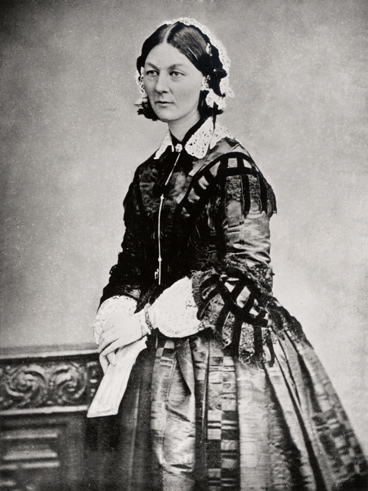The views expressed in our content reflect individual perspectives and do not represent the authoritative views of the Baha'i Faith.
The nature of this one reality is such that it cannot be directly or immediately apprehended except by those who have chosen to fulfill certain conditions, making themselves loving, pure in heart, and poor in spirit. –Aldous Huxley, The Perennial Philosophy
Let us put aside all thoughts of self; let us close our eyes to all on earth, let us neither make known our sufferings nor complain of our wrongs. Rather let us become oblivious of our own selves, and drinking down the wine of heavenly grace, let us cry out our joy, and lose ourselves in the beauty of the All-Glorious. – Abdu’l-Baha, Selections from the Writings of Abdu’l-Baha, p. 236.
This stage of the spiritual journey has enormous rewards, but it also comes with true tests and trials, even when you do consider all people as your extended family. How does a seeker on a spiritual path deal with the difficult issues, personalities and problems we all face?
In the valley of love, Baha’u’llah quotes Rumi in one potential answer to that question:
The lover’s teacher is the Loved One’s beauty,
His face their lesson and their only book. – The Mathnavi
Here “the Loved One” refers to God, and “the lesson” refers, in one sense, to the countenance and teachings of the Creator, which have always advised us all to love one another unconditionally and with all our hearts, regardless of our faults and foibles.
When we think about fully realized, morally mature, other-directed people like Albert Schweitzer, Florence Nightingale, Mother Teresa, Martin Luther King, Jr. or Mahatma Gandhi, all of whom transcended their own limitations to become servants of humanity as a whole, their examples of unconditional love can truly inspire us. Most people, though, never even entertain the idea that they can reach such a plane, regarding themselves as too selfish or too limited or too unloving.
But like all things, the transformation from one stage of spiritual maturation to the next takes place gradually–little by little, day by day. This third valley–working to transcend the self and make connections with others–may mark the single most important stage of our moral maturation, because here the true seeker sees past the limited and into the unbounded reality of unity:
The main drift of mythology, if you want to put it into a sentence or two, is that the separateness that is apparent in the phenomenal world is secondary; beyond, and behind, and within, and supporting that world is an unseen but experienced unity and identity in us all. And the first level of unity that is recognized is that of the family. And the second level of unity, which is deeper, is of the tribe or the social unit. But beyond that is a common human identity. -Joseph Campbell, An Open Life, p. 52.
An important clue to relationships, a subtle hint about interaction and interdependence, lives at the center of this profound idea.
If you want to extend love and affection toward other people, judging them won’t work. Instead, it helps to simply regard their level of maturation as a function of their spiritual potential. When you try to perceive another person’s spiritual reality, the true core of their being, the non-essential parts of their personality or culture or behavior begin to lose importance. We all struggle to grow. Recognizing another person’s struggle to grow and develop expands your capacity for empathy and love. If you can acknowledge their good qualities, as seekers on their own path, and overlook the qualities they haven’t yet developed fully, you will find their essence, and your own. See in them a reflection of your own struggle, a piece of the oneness in all of us, and love becomes not just possible but likely and even compelling:
If a person has one thousand good qualities he must not look at them; nay rather, he must strive to find out his own defects and imperfections… On the other hand absolute perfection is unattainable by man. However much a man may advance yet he is imperfect, because there is always a point ahead of him. No sooner does he look up toward that point than he becomes dissatisfied with his own condition and aspires to attain to that. – Abdu’l-Baha, Star of the West, Volume 4, pp. 185-186.
Abdu’l-Baha tells us: “To be silent concerning the faults of others, to pray for them, and to help them, through kindness, to correct their faults. To look always at the good and not at the bad. If a man has ten good qualities and one bad one, to look at the ten and forget the one; and if a man has ten bad qualities and one good one, to look at the one and forget the ten. Never to allow ourselves to speak one unkind word about another, even though that other be our enemy.” – Abdu’l-Baha, quoted in Dr. J.E. Esslemont’s Baha’u’llah and the New Era, p. 82.

















Comments
Sign in or create an account
Continue with Googleor